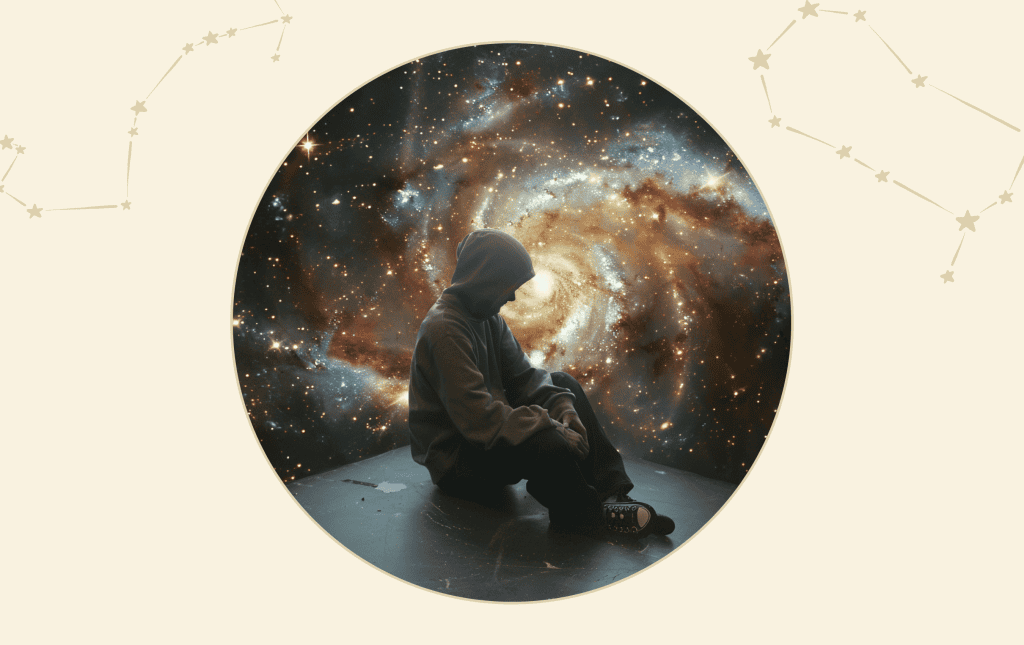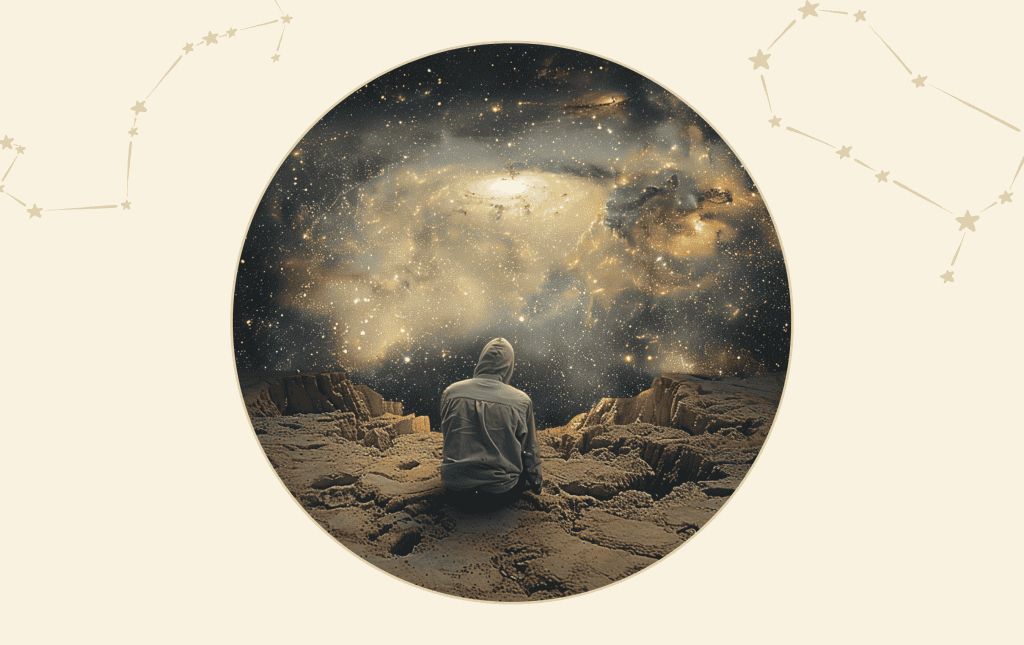A spiritual journey is a transformative and profound experience, leading to greater self-awareness, inner peace, and a deeper connection to the world around us. However, the path to spiritual growth is not always smooth; we may find ourselves grappling with habits and patterns that hinder our progress.
Having been on this journey for many years, I’ve encountered numerous obstacles and learned valuable lessons along the way. In this article, we’ll explore the worst habits that can hold you back on your spiritual path, and I’ll provide practical tips and insights to help you break free from these limitations, unlocking your full spiritual potential.
Things to Know:
- Be aware of common pitfalls. Familiarize yourself with these obstacles to better navigate your spiritual journey. ✓
- True spiritual growth requires a sincere commitment to inner work, self-reflection, and cultivating authentic spiritual qualities. ✓
- Remember that spiritual growth is a lifelong journey, and there is no one-size-fits-all approach. ✓
1. The Pitfalls of Spiritual Bypassing
Spiritual bypassing is one of the most insidious habits that can hinder our spiritual growth. It occurs when we use spiritual practices or beliefs to avoid dealing with uncomfortable emotions, unresolved traumas, or difficult life situations. Excessive meditation, chanting, or other spiritual activities may be used as a means of escape rather than confronting the issues that need our attention.
Although spiritual practices can provide solace and support during challenging times, recognizing when we’re using them as a crutch is crucial. True spiritual growth demands that we face our shadows, heal our wounds, and integrate all aspects of ourselves, even the parts we may prefer to avoid.
Cultivating self-honesty and a willingness to sit with discomfort is essential to overcoming spiritual bypassing. Seek out supportive resources, such as therapy or counseling, to help navigate the deeper layers of your psyche. Remember, spiritual growth is not about bypassing the human experience; rather, it’s about fully embracing it and using it as a catalyst for transformation.
2. The Trap of Spiritual Materialism
In our consumer-driven society, falling into the trap of spiritual materialism is easy. This occurs when we approach spirituality as just another commodity to be acquired, rather than a deep inner journey of self-discovery. We may find ourselves chasing the latest spiritual trends, accumulating crystals, or attending countless workshops and retreats, all in pursuit of a quick fix or a sense of spiritual accomplishment.
While exploring various spiritual tools and practices is not inherently wrong, it’s important to remember that true spiritual growth cannot be bought or obtained through external means alone. It requires a sincere commitment to inner work, self-reflection, and the cultivation of authentic spiritual qualities such as compassion, wisdom, and equanimity.
To break free from spiritual materialism, focus on developing a consistent and grounded spiritual practice that resonates with your unique path. Cultivate a relationship with your inner self and trust the unfolding of your own journey, rather than constantly seeking validation or answers from outside sources.
3. The Danger of Spiritual Narcissism
Another common pitfall that can hinder our growth is spiritual narcissism. This occurs when we become overly identified with our spiritual persona or achievements, using them to boost our ego and feel superior to others. We may become self-righteous, dismissive of other viewpoints, or use spiritual language to manipulate or control others.
Spiritual narcissism can be particularly insidious because it often masquerades as wisdom or enlightenment. However, true spiritual growth is rooted in humility, compassion, and the recognition of our interconnectedness with all beings.
Cultivating a sense of humility is key to overcoming spiritual narcissism. Remember that we are all students on the path of life. Embrace the beginner’s mind and be open to learning from others, regardless of their background or beliefs. Practice self-reflection and be willing to acknowledge and work on your own limitations and shadow aspects.

4. The Pitfalls of Spiritual Codependency
Spiritual codependency arises when we become overly reliant on external sources for our spiritual guidance and validation. This can manifest as an unhealthy attachment to a particular guru, teacher, or spiritual community, or a constant need for external approval and affirmation.
Having spiritual mentors and a supportive community can be incredibly valuable, but it’s important to remember that our spiritual journey is ultimately our own responsibility. Learning to trust our inner wisdom and developing a strong sense of self-reliance is essential.
To break free from spiritual codependency, focus on cultivating a direct relationship with your own spiritual truth. Engage in practices that help you connect with your inner guidance, such as meditation, journaling, or spending time in nature. Seek out teachers and communities that empower you to think for yourself and encourage you to find your own answers within.
5. The Trap of Spiritual Perfectionism
Spiritual perfectionism is the belief that we must attain a state of perfect enlightenment or spiritual mastery in order to be worthy or valuable. This can lead to a harsh inner critic, self-judgment, and a constant sense of falling short.
The truth is, spiritual growth is a lifelong journey with no fixed endpoint or destination. We are all works in progress, and the beauty lies in the unfolding and the lessons we learn along the way.
To overcome spiritual perfectionism, practice self-compassion and embrace the concept of “good enough.” Celebrate your progress and the small victories, rather than fixating on an unattainable ideal. Even the most revered spiritual teachers and masters were once beginners, facing their own challenges and limitations.
6. The Danger of Spiritual Isolation
While solitude and introspection are essential components of spiritual growth, falling into the trap of spiritual isolation is a risk. This occurs when we become so focused on our individual journey that we neglect the importance of human connection and the support of a spiritual community.
Spiritual growth is not meant to be a solitary endeavor. As social beings, we thrive when we have the opportunity to share our experiences, learn from others, and offer support and compassion to those around us.
To avoid spiritual isolation, make an effort to connect with like-minded individuals who share your values and aspirations. Seek out spiritual communities, whether online or in-person, where you can engage in meaningful discussions, participate in group practices, and build authentic relationships.

7. The Pitfalls of Spiritual Comparison
In the age of social media and instant access to information, falling into the trap of spiritual comparison is easy. We may find ourselves scrolling through endless feeds of seemingly perfect spiritual influencers, comparing our own progress and experiences to their curated highlight reels.
Spiritual comparison breeds feelings of inadequacy, self-doubt, and a sense of never being enough. It can lead us to doubt our own path and question the validity of our experiences.
To overcome spiritual comparison, remember that each person’s journey is unique and cannot be measured against anyone else’s. Focus on your own growth and trust the timing and unfolding of your path. Cultivating a sense of inner trust, knowing that you are exactly where you need to be in each moment, is essential.
8. The Danger of Spiritual Bypassing Responsibility
Finally, one of the most insidious habits that can hinder our spiritual growth is using spirituality to bypass personal responsibility. This can manifest as a belief that “everything happens for a reason” or that we are not responsible for our own actions and choices because they are part of a greater spiritual plan.
While having faith and trust in the universe can be a source of great comfort and guidance, it’s important to remember that we are co-creators of our reality. We have the power and responsibility to make conscious choices, take action, and shape our lives in alignment with our values and aspirations.
To avoid bypassing responsibility, cultivate a sense of self-awareness and take ownership of your choices and actions. Recognize that while the universe may have a greater plan, we are active participants in our own lives and have the ability to create positive change.
Conclusion
The spiritual path is a journey of continuous growth, self-discovery, and transformation. By becoming aware of the habits and patterns that can hinder our progress, we can take steps to break free from these limitations and unlock our full spiritual potential.
Remember, there is no one-size-fits-all approach to spirituality. Trust your own inner guidance, be gentle with yourself, and know that every challenge and obstacle is an opportunity for deeper growth and self-understanding.
As you continue on your spiritual journey, may you find the courage to face your shadows, the wisdom to learn from your experiences, and the compassion to extend love and understanding to yourself and all beings. The path may not always be easy, but the rewards of a life lived with spiritual depth and authenticity are truly immeasurable.
